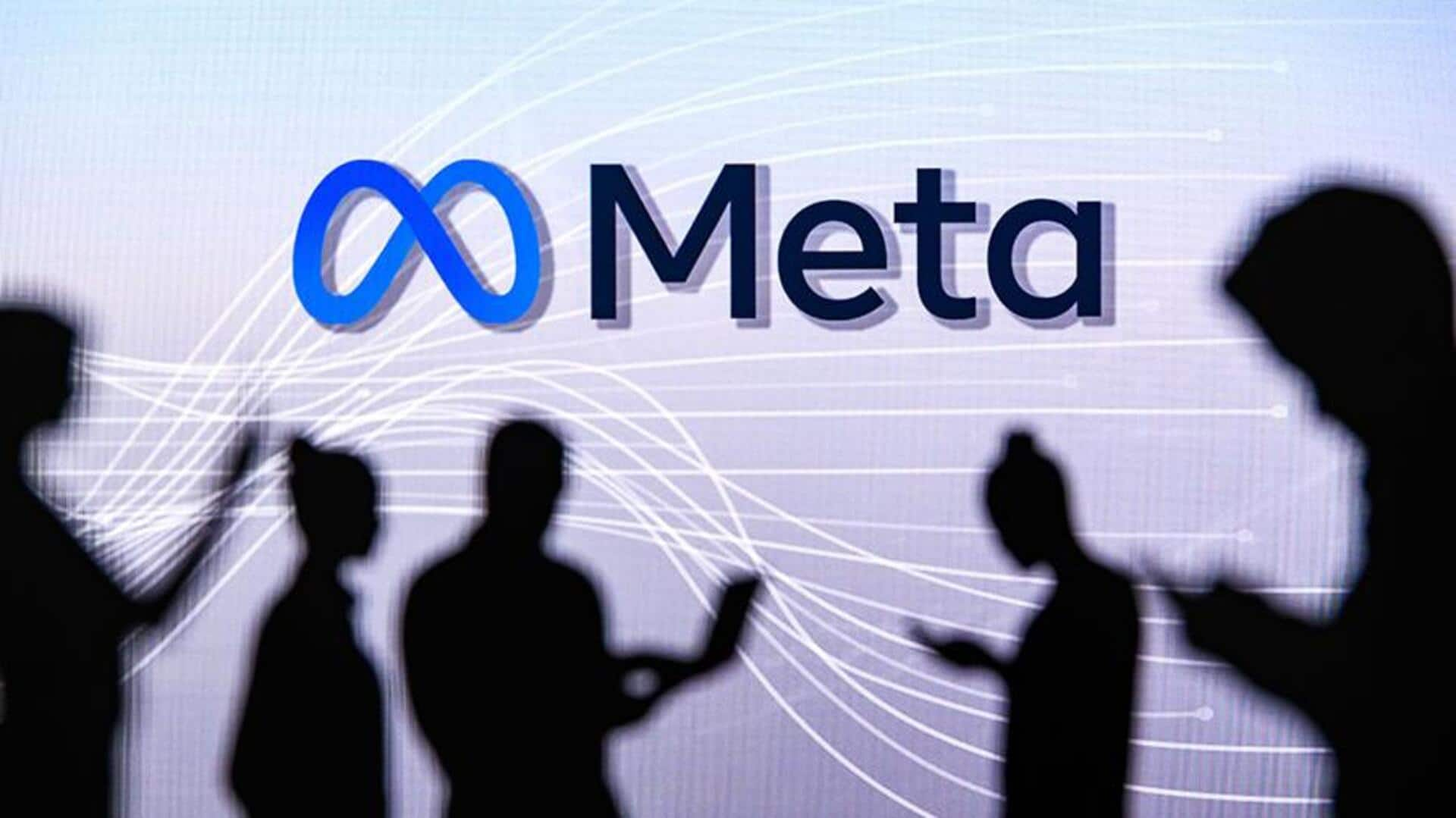
Meta's severance agreements ruled illegal for silencing laid-off workers
What's the story
A US judge has deemed the severance agreements provided by Meta during its 2022 mass layoffs as illegal. Administrative Law Judge Andrew Gollin of the National Labor Relations Board (NLRB) found that these agreements violated employee rights under the National Labor Relations Act (NLRA). Gollin cited "overly broad language" in non-disparagement and confidentiality sections as a violation, stating they could "interfere with, restrain, or coerce employees in the exercise of their rights."
Action required
Judge orders Meta to rectify severance agreements
In response to the violation, Gollin ordered Meta to remove the offending language from its severance agreements. The tech giant is also required to contact all employees who signed these problematic agreements, informing them of the situation. Furthermore, Meta must post notices in workplaces about employees' rights as granted by the NLRB. This ruling comes after approximately 7,511 ex-employees were presented with these agreements during Meta's first mass layoff in November 2022.
Case progress
Meta's severance agreements under NLRB review
The case is currently under review by the NLRB board for a final decision. If Judge Gollin's ruling is upheld, it could lead to significant changes in severance agreements. The clauses under scrutiny were used by Meta in its separation agreements from August 2022 to February 2023. These clauses offered outgoing employees increased severance pay and additional post-employment benefits, provided they did not publicly discuss their work or any issues arising from their time at Meta or their termination.
Legal precedent
Complaint against Meta was filed by a former employee
David James Carlson, one of the Meta employees who signed the severance agreement, filed the complaint. He waited until an NLRB decision in February 2023 (McLaren Macomb case) before filing his case. This decision reversed two prior NLRB cases, barring employers from offering severance agreements that require employees to waive their NLRA rights. Judge Gollin noted that the offending sections of the separation agreement in the McLaren case were "substantially similar" to Meta's and met the same standard of illegality.
Legal arguments
Meta's defense and Judge Gollin's response
Meta argued that its agreement was written and used prior to the McLaren case, so retroactive application was not appropriate. However, Judge Gollin disagreed, stating there was no 'manifest injustice' in applying new policies and standards retroactively. He noted that Meta presented no evidence that it relied on prior policies when drafting its separation agreements. Gollin said, "[Meta] argues that it carefully drafted, or 'narrowly tailored,' the sections at issue so as not to interfere with, restrain, or coerce employees."